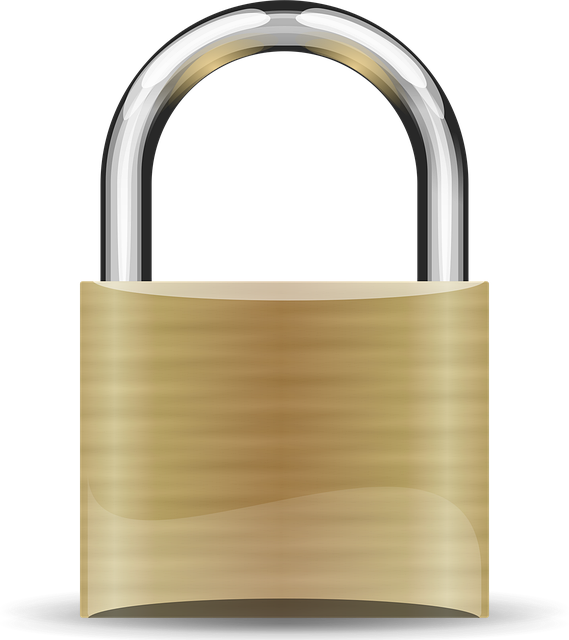Child Protective Services (CPS) law protects children from abuse and neglect through reporting, investigations, counseling, and interventions. Understanding this process, involving documentation gathering, court hearings, and cooperation with CPS, is crucial for parents to ensure their children's safety. Legal advocates offer critical support, guiding clients through complex procedures and ensuring fairness. Empowering families with education and supportive networks, including advocacy groups and legal aid, helps them actively participate in CPS law proceedings and reconnect in safe environments.
“Uncertainty often surrounds the child protective services law, especially for parents and caregivers facing challenging legal processes. This comprehensive guide aims to demystify navigating child welfare laws, providing a clear understanding of the system. We offer a step-by-step approach to help families manage the legal process effectively. From recognizing the role of legal advocates to empowering families with valuable resources, this article ensures support throughout. By equipping parents and caregivers with knowledge, we strive to enhance outcomes in child welfare legal proceedings.”
- Understanding Child Protective Services Law: A Comprehensive Overview
- Navigating the Legal Process: Step-by-Step Guide for Parents and Caregivers
- The Role of Legal Advocates in Supporting Child Welfare Cases
- Empowering Families: Resources and Strategies for Success in Legal Proceedings
Understanding Child Protective Services Law: A Comprehensive Overview

Child Protective Services (CPS) law is a vital component of the legal system designed to protect vulnerable children and ensure their safety. This legislation encompasses a range of processes aimed at identifying, intervening in, and preventing situations where children are at risk of abuse or neglect. Understanding CPS law is crucial for both parents and guardians, as it provides insight into their rights and obligations when facing potential involvement with these services.
The scope of Child Protective Services includes receiving reports of suspected child maltreatment, conducting investigations to verify these claims, and offering a variety of support services to families. These services may include counseling, parent education programs, and in-home interventions to strengthen family dynamics and prevent future incidents of abuse or neglect. Knowledge of this legal framework empowers parents to navigate these processes effectively, ensuring the best possible outcome for their children.
Navigating the Legal Process: Step-by-Step Guide for Parents and Caregivers

Navigating the complex world of child welfare legal processes can be daunting for parents and caregivers, especially during challenging times. The first step is to understand that the goal of the child protective services law is to ensure the safety and well-being of children while maintaining family stability whenever possible. This process involves several key steps:
1. Recognize the Need for Help: If you suspect abuse or neglect, reach out to your local child protective services (CPS) agency immediately. They can provide initial support and guidance. 2. Gather Documentation: Collect relevant information and documents related to the situation, such as medical records, police reports, or any evidence supporting your concerns. 3. Attend Court Hearings: Be prepared for court appearances where your case will be reviewed. Attend all scheduled hearings actively participating in the process. 4. Cooperate with CPS: Collaboration is crucial. Follow their instructions, attend interviews, and participate in any required assessments or services to demonstrate a commitment to resolving the issues.
The Role of Legal Advocates in Supporting Child Welfare Cases

Legal advocates play a pivotal role in supporting individuals and families involved in child protective services law cases. These professionals offer crucial assistance by providing legal representation, ensuring that the rights of all parties are protected throughout the process. They guide clients through complex procedures, explaining their options and helping them make informed decisions. Legal advocates also conduct thorough research on relevant laws and regulations to build strong cases for their clients.
In child welfare cases, legal advocates ensure fairness and justice by challenging unfair practices or errors that may occur during legal proceedings. They advocate for the best interests of the child, working closely with social workers and other professionals to develop comprehensive plans for the child’s future. Their expertise enables them to navigate the intricate web of regulations and policies related to child protective services law, ultimately helping families reconnect and ensuring a safe and stable environment for children.
Empowering Families: Resources and Strategies for Success in Legal Proceedings

Empowering families is a cornerstone in navigating complex child protective services law (CPS law) proceedings. Providing resources and strategies equips parents or guardians with the knowledge to actively participate and make informed decisions throughout the legal process. This includes understanding their rights, gathering necessary documentation, and learning effective communication techniques when interacting with CPS caseworkers and legal professionals.
Supportive networks play a pivotal role in this empowerment. Connecting families with advocacy groups, legal aid societies, or community-based organizations specializing in CPS law can offer invaluable guidance and representation. These resources not only simplify the often confusing legal jargon but also ensure families are aware of potential outcomes and available support systems post-proceedings.






